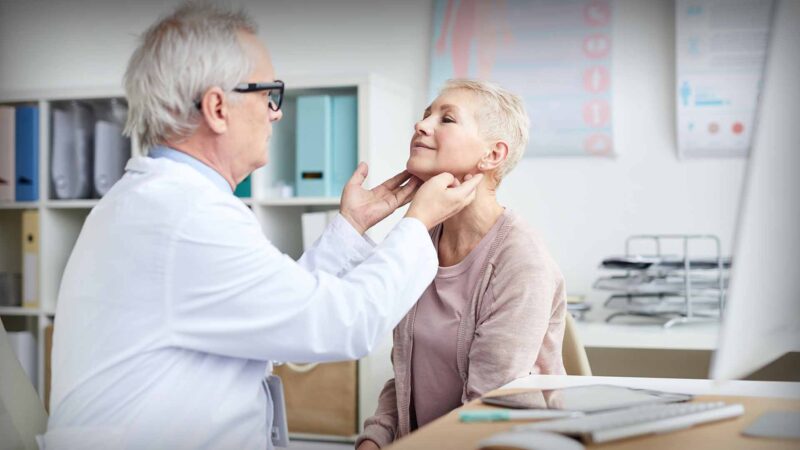STEPPING IN AND STEPPING UP EXPANSION OF SPECIALIST TRAINING IN REGIONAL, RURAL, AND REMOTE AREAS Coordinated effort across all medical colleges to address critical shortage of specialists outside major cities
With
Associate Professor Sanjay Jeganathan, Chair
Council of Presidents of Medical Colleges (CPMC)
AUSTRALIAN HEALTH JOURNAL SEGMENT
Filmed online | April 2025
Australia’s medical colleges are increasing their commitment to regional healthcare by expanding specialist training in regional, rural, and remote areas.
The Council of Presidents of Medical Colleges (CPMC) is Australia’s peak body representing specialist medical colleges.
Associate Professor Sanjay Jeganathan, Chair of the Council of Presidents of Medical Colleges (CPMC) states, ”Our rural and regional communities deserve the same access to specialist care as our cities. We’re seeing real results from our colleges’ commitment to rural training.”
A/Prof Jeganathan spoke to Australian Health Journal about progress by Royal Australian College of General Practitioners (RACGP), Australian College of Rural and Remote Medicine (ACRRM), Royal Australasian College of Surgeons (RACS) and Australian and New Zealand College of Anaesthetists (ANZCA).
This expansion reflects a coordinated effort across all medical colleges to address the critical shortage of specialists outside major cities.
The expansion comes as projections show Australia could face a shortage of 5,000 doctors by 2030. While overseas-trained specialists help fill immediate gaps, medical colleges are prioritising sustainable solutions through local training programs.
“We’re building lasting change by training specialists who understand regional communities and are more likely to stay long-term,” said A/Prof Jeganathan.
Source: Written by AUDIENCED from CPMC media release (February 2025)
You Might also like
-
Orthopaedic surgeon driven to understand & manage infection
In tandem with his clinical practice, Associate Professor Tetsworth is deeply engaged in orthopaedic research, with a keen interest in infection management, infection control, limb salvage, bone defect reconstruction, biomarker development for infection, bone growth hormone delivery, and the use of 3D printed models for reconstructing segmental bone defects.
-
Improvements in dental literacy and greater clinical insights through digital technology
Dr. Kenneth Soh is a General Dentist based in Kellyville, New South Wales, a suburb located in northwestern Sydney. Originally from Melbourne, he studied Bachelor of Dental Science (BDSc) at Melbourne University and graduated in 2003. After working for a year in the Mornington Peninsula, Dr. Soh moved to New South Wales, initially thinking it would be temporary; however, he has been there for 19 years. While he has considered specialising, he finds joy in all aspects of dentistry.
-
Awareness campaigns and HCP Toolkits for thyroid health
In 2021, the Australian Thyroid Foundation released analysis to show, well over 1 million Australian are living with an undiagnosed thyroid disorder, including thyroid cancer, lower IQs, lifelong disability, and a causal or possible contributory factor – in the development of other neurological disorders such as ADHD and autism. Some of the challenges for diagnosis and treatment can be addressed by producing material for health care practitioners during patient presentations.
‘Recent statistics show well over 1 million Australians are living with an undiagnosed thyroid disorder, awareness and testing can prevent unwarranted outcomes for mothers and their babies’ says ATF CEO Beverley Garside OAM
The Australian Thyroid Foundation has lodged a Pre-Budget Submission for the Federal Budget 2024-25 to counter increasing misinformation on social media creating dietary deficiencies such as an increasing number of young women, who are planning pregnancy or already pregnant opting for plant based milks such almond, soy or oat milk coffee as an alternative to standard cow’s milk, which is a source of iodine and alternate milks do not include.



